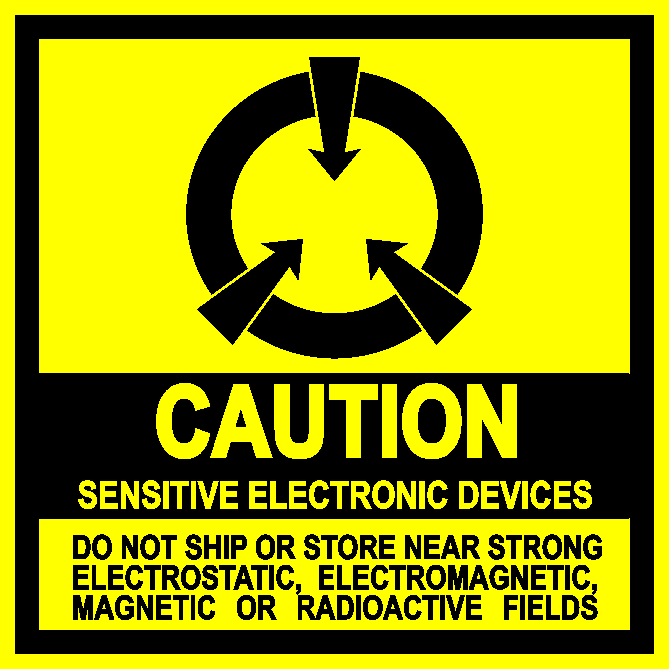
When it comes time to build a PC, the first step you'll often hear about is to ground yourself. For the uninitiated, this can conjure a fear of frying your shiny new components into an expensive toaster—I know the first time I built a PC, I was afraid I'd inadvertently go all Static Shock on my new parts. But what's really at stake here? Do we really need to ground ourselves? Is there really a chance that a little bit of rogue discharge could brick our new machines?
First off: what's at risk? The idea is that electrostatic discharge—the sudden flow of electricity between two electrically charged objects (also known as that little shock you get when you touch a piece of metal after walking around in socks)—can potentially kill the delicate electronics inside our processors, graphics cards, and other PC components. It's certainly not a false notion—processors are delicate things with thousands of tiny little transistors. But how likely is it to really happen? Do we need to always wear an anti-static wrist strap?

Here's a dirty little secret: our hardware expert Jarred Walton never wears a grounding strap, and he says he can't point to a single case of a static discharge causing a component to fail. Having said that, he says he isn't in an environment where he builds up a lot of static, and has usually touched enough grounded metal objects by the time he reaches for a CPU or GPU that anything built up would have dissipated.
The humidity of your environment will also affect how much static electricity you're going to build up. If your room is dry, you're at a greater risk. When we're working with components, we also tend to place them on the anti-static bags that manufacturers place them in. Don't throw them away as they're likely to become useful later on.
So should you worry? As this video shows, PC components can definitely be rendered useless by static discharge. But even the testers there say they never wear an anti-static band. Our recommendation is to simply touch your case before touching anything delicate. It's fairly unlikely you'll have actually built up enough to do any damage (unless you're shuffling around in socks trying to be Electric Man), but it takes half a second and just might save the life of your CPU. As for a grounding strap—grab one if you're paranoid, but we think it's an unnecessary precaution.
Keep up to date with the most important stories and the best deals, as picked by the PC Gamer team.
As the former head of PC Gamer's hardware coverage, Bo was in charge of helping readers better understand and use PC hardware. He also headed up the buying guides, picking the best peripherals and components to spend your hard-earned money on. He can usually be found playing Overwatch, Apex Legends, or more likely, with his cats. He is now IGN's resident tech editor and PC hardware expert.


